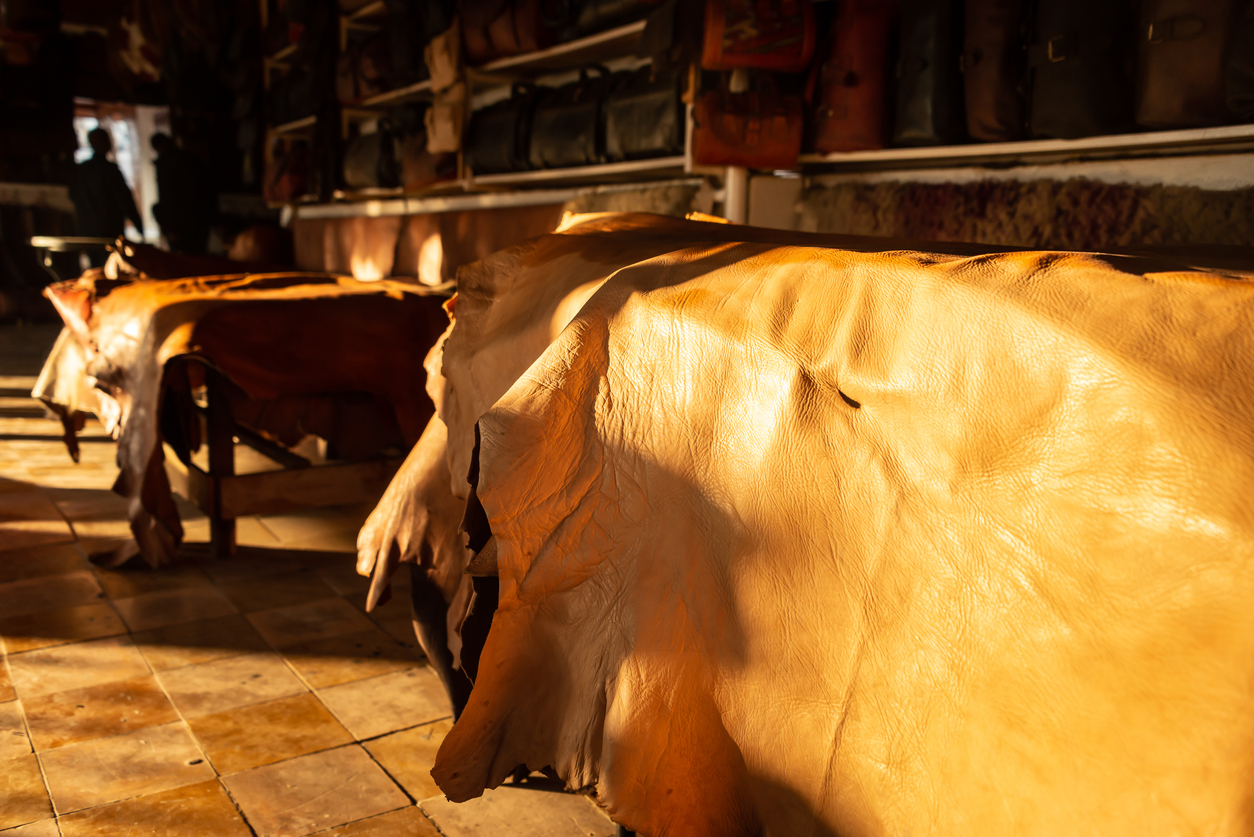Leather Tanning Industries in Nigeria: Opportunities and Growth
Nigeria’s leather tanning industry plays a critical role in the country’s manufacturing and export sectors. From rawhide processing to finished leather products, the industry contributes significantly to employment, trade, and value addition in the leather supply chain. With a growing domestic market and rising international demand, leather tanning presents opportunities for businesses and investors seeking reliable sourcing channels.
Overview of Leather Tanning in Nigeria
Leather tanning in Nigeria involves converting raw hides and skins from livestock into durable, high-quality leather. The industry encompasses several processes, including curing, soaking, liming, tanning, dyeing, and finishing. Major tanning hubs in Nigeria include Kano, Sokoto, Kaduna, and Ibadan, where both traditional and modern methods are employed.
Despite the potential, Nigerian leather tanning faces challenges such as inconsistent supply of quality raw hides, limited access to modern technology, and occasional environmental concerns related to chemical use. Addressing these challenges is crucial for the sector’s growth and sustainability.
Key Players in Leather Tanning Industries in Nigeria
The leather tanning industry in Nigeria comprises both small-scale artisan tanneries and large industrial facilities. Notable brands and manufacturers are focusing on producing leather for footwear, bags, furniture, and automotive upholstery. These players are increasingly adopting modern tanning methods that improve leather quality while reducing environmental impact.
Nigeria’s leather industry also benefits from local livestock farming, providing a steady source of raw hides and skins. As global demand for ethically sourced leather grows, Nigerian tanneries have the opportunity to position themselves as reliable suppliers for international markets.
Challenges Facing Leather Tanning Industries in Nigeria
-
Inconsistent Raw Material Supply: Seasonal livestock availability can affect production.
Solution: Establish partnerships with local farmers and cooperatives to ensure a consistent supply of hides. -
Technological Gaps: Many tanneries still rely on outdated techniques.
Solution: Invest in modern machinery and staff training to enhance quality and production efficiency. -
Environmental Concerns: Chemical disposal can lead to pollution.
Solution: Implement eco-friendly tanning methods and adopt proper waste management practices.
By tackling these challenges, Nigerian leather tanneries can increase their competitiveness both domestically and internationally.
Opportunities in Export and Local Markets
The growing demand for leather goods in Nigeria and across Africa provides significant opportunities for tanneries. Leather products such as shoes, handbags, and jackets have a steady market among local consumers, while international buyers are increasingly sourcing African leather for fashion and industrial purposes.
Wigmore Trading can help businesses navigate this sector by providing access to quality leather suppliers, ensuring consistent raw material sourcing, and connecting companies to export-ready tanneries. With expertise in logistics and trade facilitation, Wigmore Trading streamlines the supply chain for both domestic and international clients.
Conclusion
Leather tanning industries in Nigeria hold immense potential for growth, export expansion, and employment generation. By addressing supply, technological, and environmental challenges, Nigerian tanneries can enhance their competitiveness in global markets. Businesses looking to source high-quality leather or invest in the sector can benefit from partnerships with experienced trade facilitators.
Wigmore Trading can help. Contact our team today to streamline your sourcing and connect with reliable leather tanneries in Nigeria.








Comments are closed.